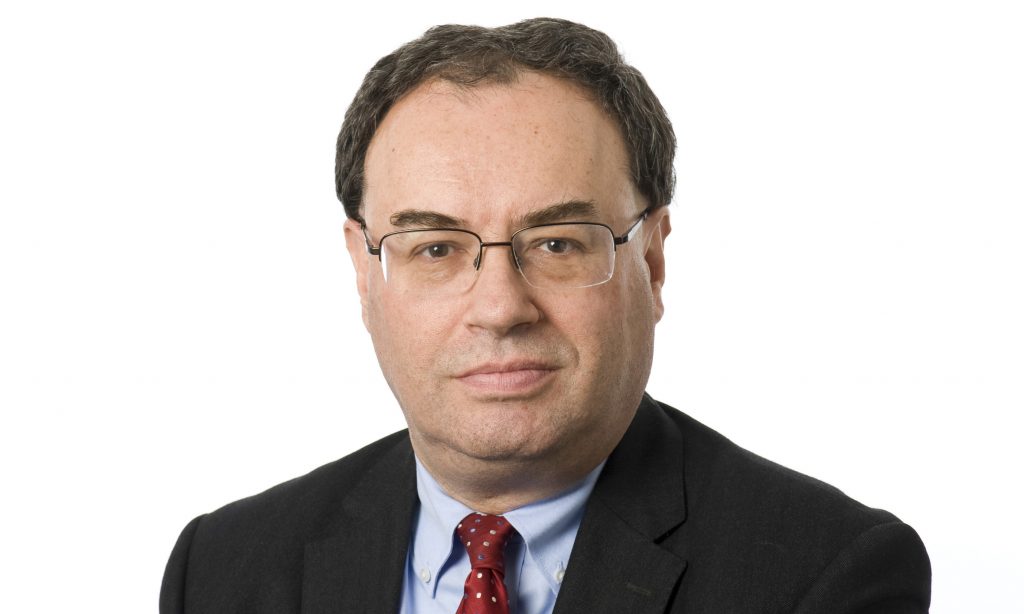Inflation still remains well above the Government’s target of 2% and it’s ‘far too early’ to be talking about an interest rate cut, the Governor of the Bank of England Andrew Bailey, has said.
In a speech on food inflation, Bailey suggested that UK interest rates, which are currently at 5.25%, after being held by the Monetary Policy Committee (MPC) this month, would need to remain high despite falling inflation levels.
This week the annual inflation rate fell to 4.6% in October, from 6.7% in September. This is the lowest level seen in two years but although he recognised this as good news, the Governor said there was a long way to go until it was back at the 2% target. He also said a further rise to interest rates was not completely off the cards.
He said: “It is too soon to declare victory. We still have a long way to go. Interest rates will have to stay high enough for long enough to make sure we get all the way back to the 2% target.
“Monetary policy is currently restrictive in the sense that, if we maintain this stance for long enough, we will squeeze inflation out of the system. That is what we will do. This also means being on watch for further signs of inflation persistence that may require interest rates to rise again.”
Food price increases a ‘global phenomenon’
Food price inflation fell to 10.1% in October and the Bank of England expects it to fall further, to 3%, by March 2024.
Bailey said rising food prices had been a ‘global phenomenon’ caused by several different factors. These include the Russian invasion of Ukraine, which caused big supply chain disruptions and a rise in food prices, the pandemic, and poor harvests caused by global warming.
But Bailey said many in the food industry and the Government expected consumer price inflation to fall at an earlier point.
By the end of 2022, he said agricultural prices had started to fall and supermarkets at the time said prices had peaked. Yet at the same time farmers said they were still facing higher costs of energy, fuel, fertiliser, feed, haulage and labour. Many of these prices were set by fixed-term contracts and meant that despite global agriculture costs falling, the price for consumers remained high for much of 2023.
He said: “The farmers appear to have been right. When it comes to the outlook for food prices, a sizeable chunk of the consumer price index, there has been no more reliable source than British farmers.”
The pandemic also impacted rising prices. Global agricultural commodity prices rose by around 20% over 2021. By January 2022, annual food price inflation was 4.3%, compared to an average of just below 1.5% in the previous three years.
‘Food inflation can be volatile in the best of days’
Poor weather conditions and disruption to supply chains have also contributed to higher prices. Heavy rainfall and droughts, for example, led to the production of wheat in the UK to fall to its lowest level in 40 years in 2020.
Bailey said: “But even as we expect food inflation to fall, there are clearly risks as we look ahead to the months and years ahead.
“Food inflation can be volatile in the best of days. And climate change is affecting whether patterns, increasing the risk of poor harvests. New, hardier crops may become an important source of nutrients globally, but the development of such variants may be years away.”

